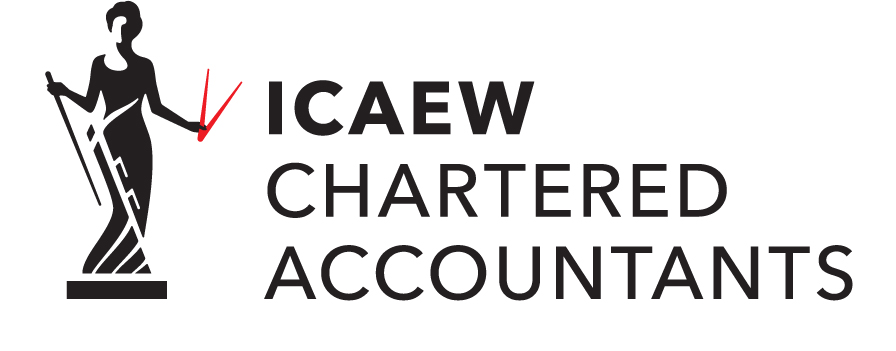Changes to Probate
Following the Autumn Budget (Click here for more) the government is investing £1 billion in order to upgrade and modernise the current archaic Courts system so that it functions better for all parties involved whether it be someone from the legal or indeed accountancy profession or litigants. The aim is to offer a more sensitive approach to those who are recently bereaved who would otherwise find going through probate an extremely difficult time. The investment includes modernising the way probate can be achieved online as opposed to the usual way of penning a letter and waiting months for a response. As with MTD the intention is that this should reduce the time spent on the application process so that probate may be granted sooner.
The government are intending to publish a guidance document for people deciding not to use accountants or solicitors for the probate process, it will be entitled ‘Guidance on Ways to Pay for Probate Fees’. However using a professional is usually the best way forward as often the costs are covered by savings in time and correct treatment and processes. Whilst accountants are relatively new to the legally reserved areas of probate, all chartered accountants are required to take a law exam during their initial exams and following that they must then study in the area of probate and proceed to take an exam in it. Bolton & Co are one of 300 ICAEW accounting firms at the time of writing, that do offer this probate service as many accounting firms may find the jump to legal work challenging, particularly complex cases such as probate can often put firms off.
Recently there has been discussion as to whether probate fees should be charged on a banded approach based on the size of the deceased’s estate, this was due to be implemented in April 2019. Following a consultation this suggestion was overwhelmingly opposed with 84% of all those asked whether it would be fairer to charge a fee based on the size of the estate disagreeing. The proposed banded approach would incur probate fees of £8,000 for estates worth over £1 million with the top fee being £20,000 for estates over £2 million. When asked if these bands were agreeable 97% of those asked powerfully disagreed. These proposed fees have been met with an enormous backlash as they would essentially act as an additional tax on top of the already existing Inheritance Tax of 40%. The primary purpose of probate fees is to cover the costs of the Courts and so the suggestion of banding them based on an estates worth would merely result in what could be interpreted as profiteering. There will now be a review of Court costs to see if they cover what service is required.
Both probate fees and Inheritance Tax can be avoided or reduced through planning. If we can be of any assistance in this area please do not hesitate to contact us.

